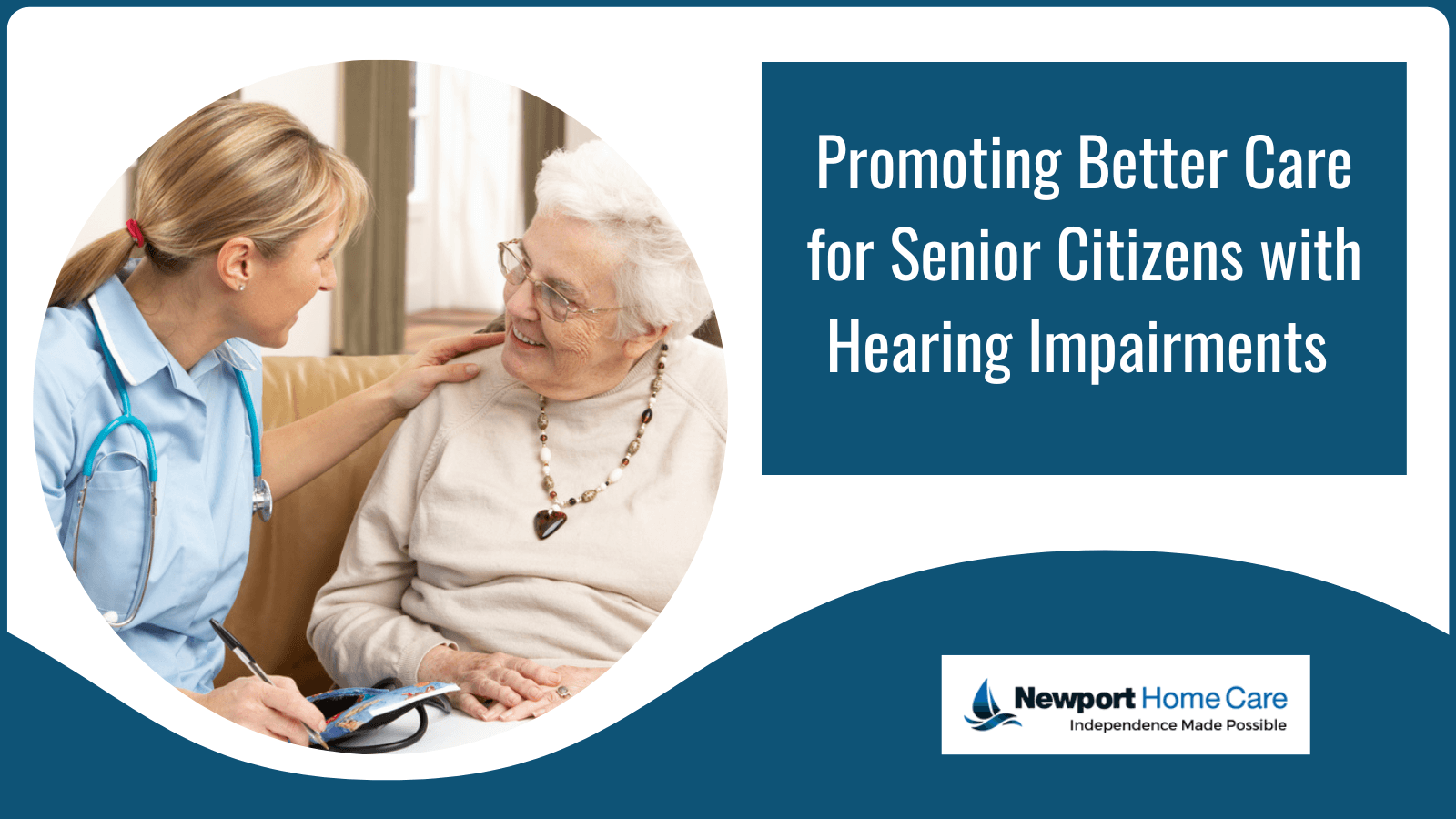


As we age, our bodies undergo various changes, and one of the most common challenges faced by older adults is hearing loss. The gradual decline in hearing ability can have a profound impact on our daily lives, affecting communication, social interactions, and overall well-being. According to WHO, 1.5 billion individuals have hearing loss, making it a widespread phenomenon. This blog will explore age-related hearing loss, its causes, symptoms, prevention, and available treatments.
The common causes of hearing loss in the elderly are as follows:
Presbycusis is age-related hearing loss and is the most common cause of hearing loss in older adults. It develops gradually over time due to the normal aging processes that disrupt the sensitive components of the inner ear.
Prolonged exposure to loud noises above 120 dB can hamper the inner ear's sensory cells and cause ear impairments.
Certain ongoing medical conditions like diabetes and cardiovascular diseases prevalent among older adults can impair blood flow and nerve supply to the ears, triggering hearing loss.
Excessive buildup of earwax can block the ear canal and cause hearing loss. This can be a common issue among older adults due to changes in earwax consistency or improper ear-cleaning techniques.
Certain infections can result in hearing loss. For example, chronic ear infections (otitis media) or infections that affect the inner ear, such as meningitis, can cause permanent hearing loss if left untreated.
There are different hearing impairments in the elderly. Immediate care for hearing impairments is essential to prevent further damage:
Sensorineural hearing due to the auditory nerve being damaged. It can be brought on by aging, exposure to noise, genetics, or specific medical disorders.
Conductive hearing loss transpires when an imbalance in the middle or outer ear prevents sound from reaching the inner ear.
Individuals with mixed hearing loss experience both the effects of sensorineural damage and the difficulties in sound transmission associated with conductive hearing loss.
It occurs when the central auditory circuits in the brain malfunction. Central hearing loss can impair speech comprehension, auditory recall, and sound discrimination, making communication and comprehension challenging.
Prompt attention to hearing impairments is crucial, as they greatly influence a person's well-being. Seeking the right senior care in Newport Beach, CA, can help manage specific hearing impairments effectively.
People with hearing impairments frequently encounter:
Here are some of the useful devices that can enhance your hearing:
Auditory Aids: Small electrical devices worn in or behind the ear amplify sound and improve hearing for people.
Cochlear Implantations: Devices that are surgically inserted and directly stimulate the auditory nerve enable individuals to hear and detect the presence of sounds.
ALDs (Assistive Listening Devices): Personal amplifiers, FM systems, and loop systems are commonly known devices that improve sound transmission and lower noise in the surroundings.
Captioned Phones: Phones with real-time captions make it easier for people with hearing impairments to understand what is being said.
Teletypewriter (TTY) Devices: Text-based communication tools that let people with hearing loss send and receive text messages over phone lines.
Daily care and assistance are crucial for individuals with hearing impairments to promote their well-being and ensure a fulfilling life. Here are some of them:
Maintaining one's health requires self-care activities such as grooming and personal hygiene to promote overall well-being. Caregivers can assist elderly people with hearing impairments in personal hygiene care routines by using visual cues, such as sign language or written instructions, to communicate effectively.
Employing sign language or simple gestures can result in effective communication. Caregivers can help senior citizens by using clear and concise language, speaking at a moderate pace, using visual aids and gestures, and ensuring a quiet environment.
Hearing concerns can hinder individuals' ability to navigate their surroundings and use transportation systems successfully. Caregivers can improve safety by ensuring well-lit, obstacle-free environments and arranging accessible transportation options.
Hearing loss makes it difficult to understand healthcare instructions and manage prescriptions. Caregivers can help by ensuring medication labels have large, clear text, providing written instructions, using visual reminders, and exploring assistive technologies like vibrating alarms or pill organizers with alarms.
Hearing impairments can affect a person’s emotional well-being to a great extent. That’s why it becomes important to ensure:
Hearing loss can profoundly affect one's emotions, causing irritation, anxiety, and low self-esteem. Caregivers are aware of the challenges, frustrations, and potential psychological effects that elderly people with hearing loss may experience. By empathizing with their experiences, caregivers can provide better emotional support.
Caregivers should encourage involvement in social activities and interactions to prevent loneliness and foster a sense of belonging among the elderly. By being able to socialize and have a sense of community, seniors can combat feelings of loneliness and stay mentally and emotionally stimulated.
Caregivers should be proactive in addressing feelings of isolation and loneliness that may arise due to hearing loss. They can assist seniors in finding social events that involve people who are in the same situation as them to provide support and companionship and mitigate the effects of isolation and loneliness commonly experienced by elderly with hearing impairments.
Facilitating connections to organizations, online groups, and other sources that provide knowledge, inspiration, and direction is essential for handling the emotional effects of hearing loss in seniors. These types of groups help them to share experiences, gain emotional support, and learn coping strategies.
Discover the transformative power of Newport Home Care services and bring back joy and vitality to your loved ones with in-home elderly care services in Newport. Our compassionate caregivers provide personalized assistance, including specialized support for hearing impairments. We prioritize communication, social engagement, and well-being to enhance the quality of life.
Contact us today to embark on a journey toward a fulfilled life!